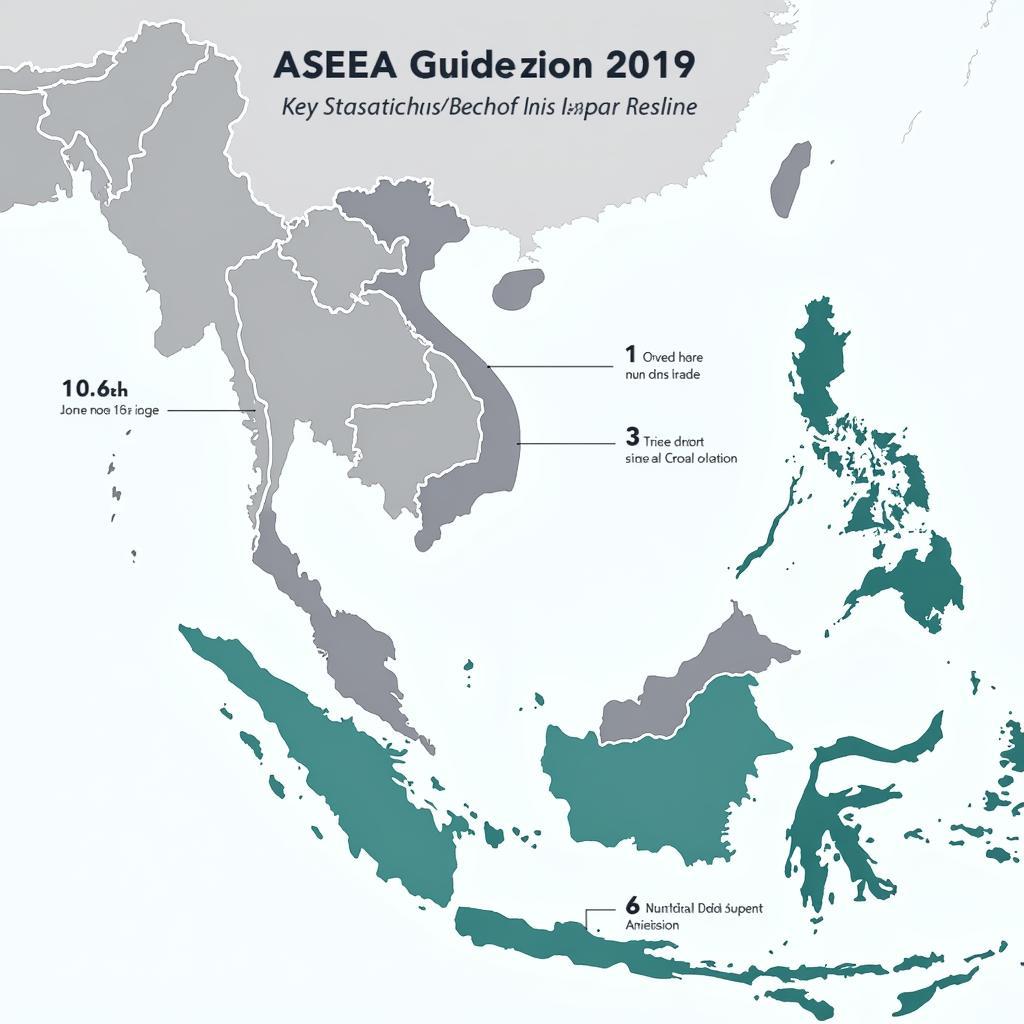The 18th ASEAN Political-Security Community (APSC) Council Meeting recently concluded, marking another significant step in regional cooperation and integration. This meeting addressed critical issues facing Southeast Asia, reinforcing ASEAN’s commitment to peace, security, and stability.
Strengthening Regional Security at the 18th APSC Council Meeting
The 18th APSC Council Meeting served as a platform for member states to discuss pressing security challenges. Key topics included cybersecurity threats, transnational crime, and maritime security, emphasizing the importance of collaborative efforts in maintaining regional stability. The meeting reaffirmed ASEAN’s dedication to upholding international law and promoting peaceful resolutions to disputes. Furthermore, the Council emphasized the need for capacity building and information sharing to enhance regional resilience against emerging threats. The 18th APSC Council Meeting also highlighted the role of ASEAN in fostering dialogue and cooperation with external partners to address shared security concerns.
Cybersecurity Cooperation in the Spotlight
The rise of cyber threats has become a major concern for nations worldwide, and ASEAN is no exception. The 18th APSC Council Meeting recognized the urgent need for enhanced cybersecurity cooperation within the region. Discussions focused on developing strategies to combat cybercrime, protect critical infrastructure, and promote responsible state behavior in cyberspace. Member states agreed to strengthen their collaborative efforts in information sharing, capacity building, and joint exercises to bolster their collective cybersecurity posture.
The importance of multilateralism in addressing cybersecurity challenges was also emphasized. ASEAN recognizes that effectively countering these threats requires international collaboration and partnerships with other regional and global organizations.
Maritime Security and the South China Sea
Maritime security, particularly in the South China Sea, remained a central topic at the 18th APSC Council Meeting. The Council reiterated its commitment to maintaining peace and stability in the region, urging all parties to exercise self-restraint and avoid actions that could escalate tensions. The importance of international law, including the United Nations Convention on the Law of the Sea (UNCLOS), was reaffirmed as the basis for resolving maritime disputes. The meeting also emphasized the need to expedite the conclusion of a Code of Conduct in the South China Sea, which is seen as a crucial step towards managing maritime disputes and fostering cooperation in the region.
“The South China Sea is a vital waterway for global trade and security,” stated Dr. Anisa Rahman, a Southeast Asian security expert. “ASEAN’s role in promoting dialogue and peaceful resolution of disputes is crucial for regional stability.”
Transnational Crime and Regional Cooperation
Transnational crime poses a significant threat to ASEAN’s security and development. The 18th APSC Council Meeting addressed various forms of transnational crime, including terrorism, drug trafficking, and human trafficking. Member states acknowledged the interconnected nature of these crimes and the need for strengthened regional cooperation to effectively combat them. The meeting highlighted the importance of information sharing, joint operations, and capacity building initiatives to enhance law enforcement agencies’ capabilities in addressing transnational crime.
“Effective collaboration among ASEAN member states is essential to address the complex challenges posed by transnational crime,” explained Professor Wijaya Kusuma, a leading expert on regional security in Southeast Asia. “The 18th APSC Council Meeting provided a valuable opportunity to strengthen these cooperative mechanisms.”
Conclusion: Advancing ASEAN’s Security Agenda
The 18th ASEAN Political-Security Community (APSC) Council Meeting demonstrated ASEAN’s unwavering commitment to regional peace, security, and stability. The meeting addressed key security challenges facing Southeast Asia and fostered collaboration among member states to enhance their collective response. The discussions and agreements reached at the 18th APSC Council Meeting contribute significantly to advancing ASEAN’s security agenda and ensuring a more secure and prosperous future for the region.
FAQ
- What is the APSC?
- How often does the APSC Council meet?
- What are the main security challenges facing ASEAN?
- How does ASEAN address maritime security issues?
- What is the Code of Conduct in the South China Sea?
- How does ASEAN cooperate to combat transnational crime?
- What are the key outcomes of the 18th APSC Council Meeting?
Need assistance? Contact us 24/7: Phone: 0369020373, Email: aseanmediadirectory@gmail.com, or visit us at: Thon Ngoc Lien, Hiep Hoa, Bac Giang, Vietnam.

